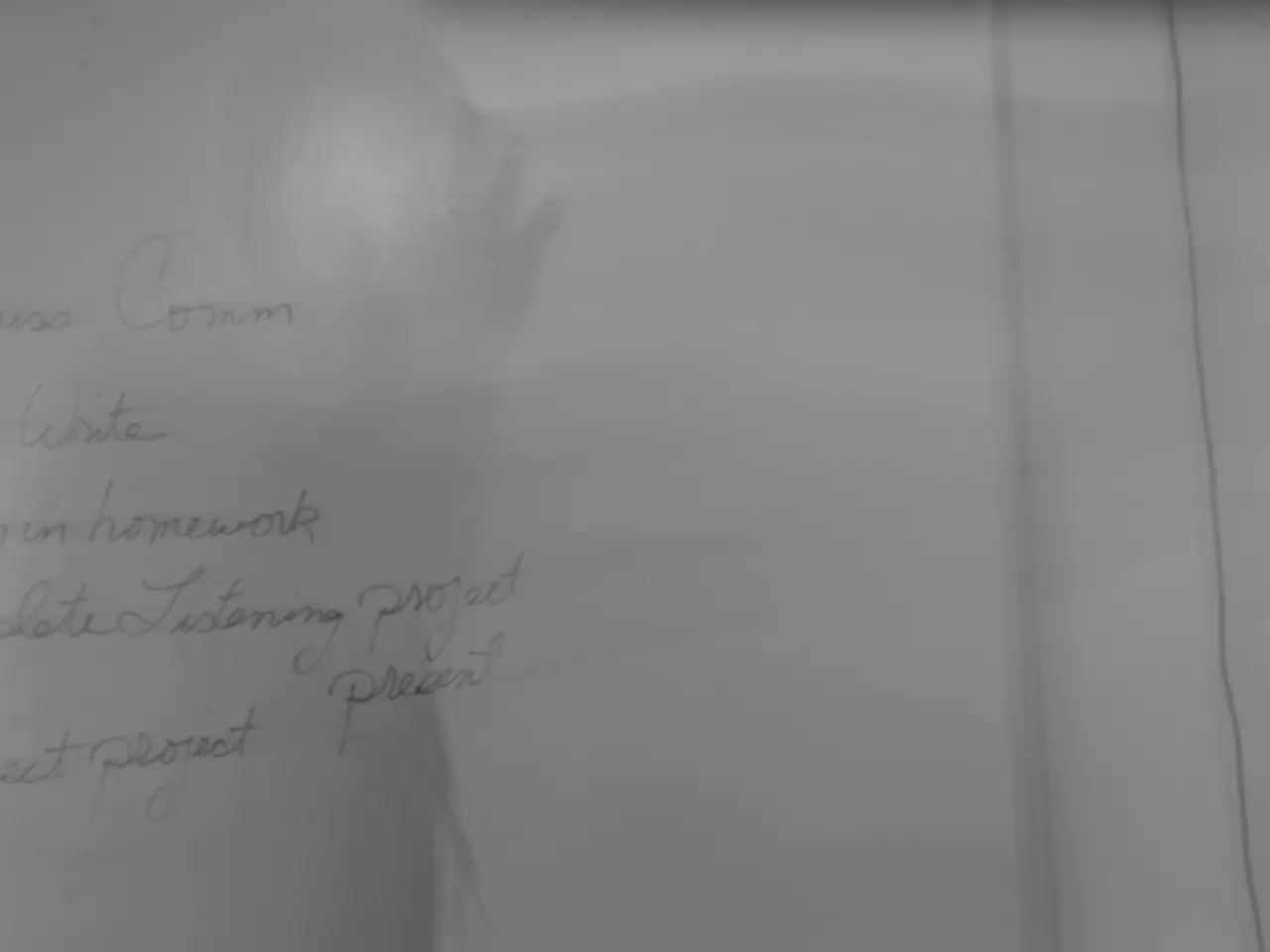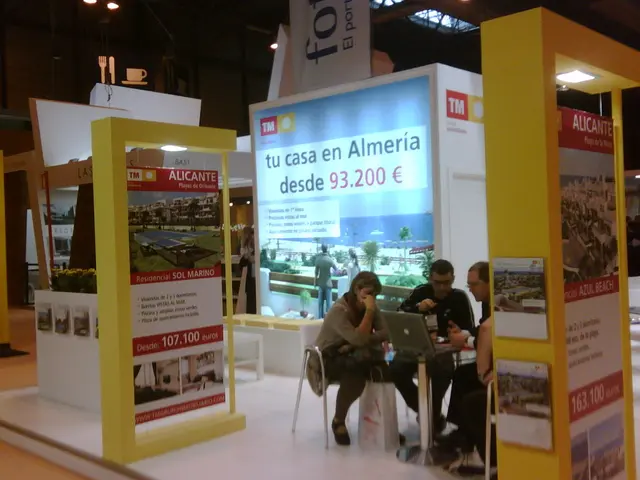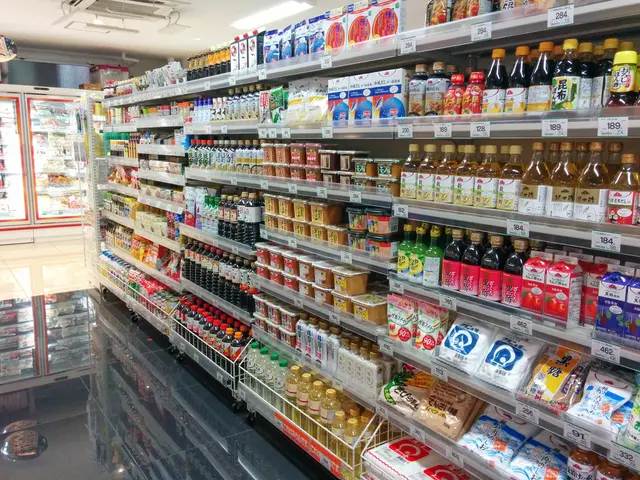Oil-producing states advocate for increased recycling instead of budget cuts amidst the critical stage of negotiations for a global plastic treaty.
The ongoing negotiations for a global plastics treaty have hit a roadblock, with no consensus reached after the recent INC-5.2 meeting in Geneva (August 5–14, 2025) [1][3][5]. The talks, involving over 2,600 participants from 183 countries, have failed to reach an agreement after 10 days, and no new date has been set for resumption [1][3].
At the heart of the stalemate are oil-producing countries such as Saudi Arabia, Russia, and Iran, which are playing a significant obstructive role in these negotiations. These petrochemical-producing countries have resisted caps on plastic production, effectively blocking progress [4]. Saudi Arabia, in particular, stands out as a major blocker due to its massive petrochemical industry linked to the state-owned Aramco and its close relationship and donor status with the UN Environment Programme (UNEP) overseeing the talks [2].
Russia and Iran have similarly used their influence to oppose binding restrictions. These countries benefit financially from expanding petrochemical industries and plastic production and deploy substantial corporate lobbying efforts during negotiations. According to sources, there is what has been described as "corporate capture," where polluters and fossil fuel companies exert excessive influence within the treaty talks and UNEP [2]. Large fossil fuel corporations such as ExxonMobil, Shell, INEOS, and Dow also lobby heavily to weaken the treaty while expanding plastics production and profit margins [2].
The Scientists' Coalition for an Effective Plastics Treaty is outnumbered by industry lobbyists nearly four to one, and the International Indigenous Peoples' Forum on Plastics is outnumbered almost seven to one [1]. Critics and environmental advocates argue that the obstruction by these countries is blocking the international community’s ability to advance a functional, binding treaty.
The ongoing influence of fossil fuel and petrochemical interests threatens the treaty's ambition to reduce plastic pollution and calls into question the multilateral process’s effectiveness without reform to reduce veto power or allow decisions by vote [1][3].
In the meantime, just 9 percent of global plastic waste is currently being recycled [6]. The Organization for Economic Co-operation and Development (OECD) warns that plastic waste could reach 1.2 billion tonnes a year by 2060 if trends continue [8].
As the negotiations continue, oil-producing states argue for "the right to determine their own industrial development curve themselves" and focus on recycling, which they claim only becomes a problem "at the end of its life" [7]. However, campaigners warn that this position risks weakening the treaty and ignoring scientific advice to cut production [9].
References:
- The Guardian
- The New York Times
- BBC News
- Reuters
- United Nations Environment Programme
- National Geographic
- Bloomberg
- OECD
- Greenpeace
- Despite the international efforts, oil-producing countries like Saudi Arabia, Russia, and Iran, with significant plastic production, are obstructing the global plastics treaty negotiations, denying caps on production and causing a stalemate.
- The Scientists' Coalition for an Effective Plastics Treaty is outnumbered by industry lobbyists, making it challenging for them to advocate for environmental-science-based regulations.
- The United States, through companies like ExxonMobil, Shell, INEOS, and Dow, is actively lobbying to weaken the global plastics treaty and expand plastic production, despite growing concerns about plastic pollution.
- Environmental advocates argue that the influence of fossil fuel and petrochemical interests is blocking the international community's ability to advance a binding treaty addressed at reducing plastic pollution.
- As the global plastics treaty negotiations persist, France and other nations continue to promote cycling initiatives as a step towards reducing plastic consumption and promoting a cleaner environment.




